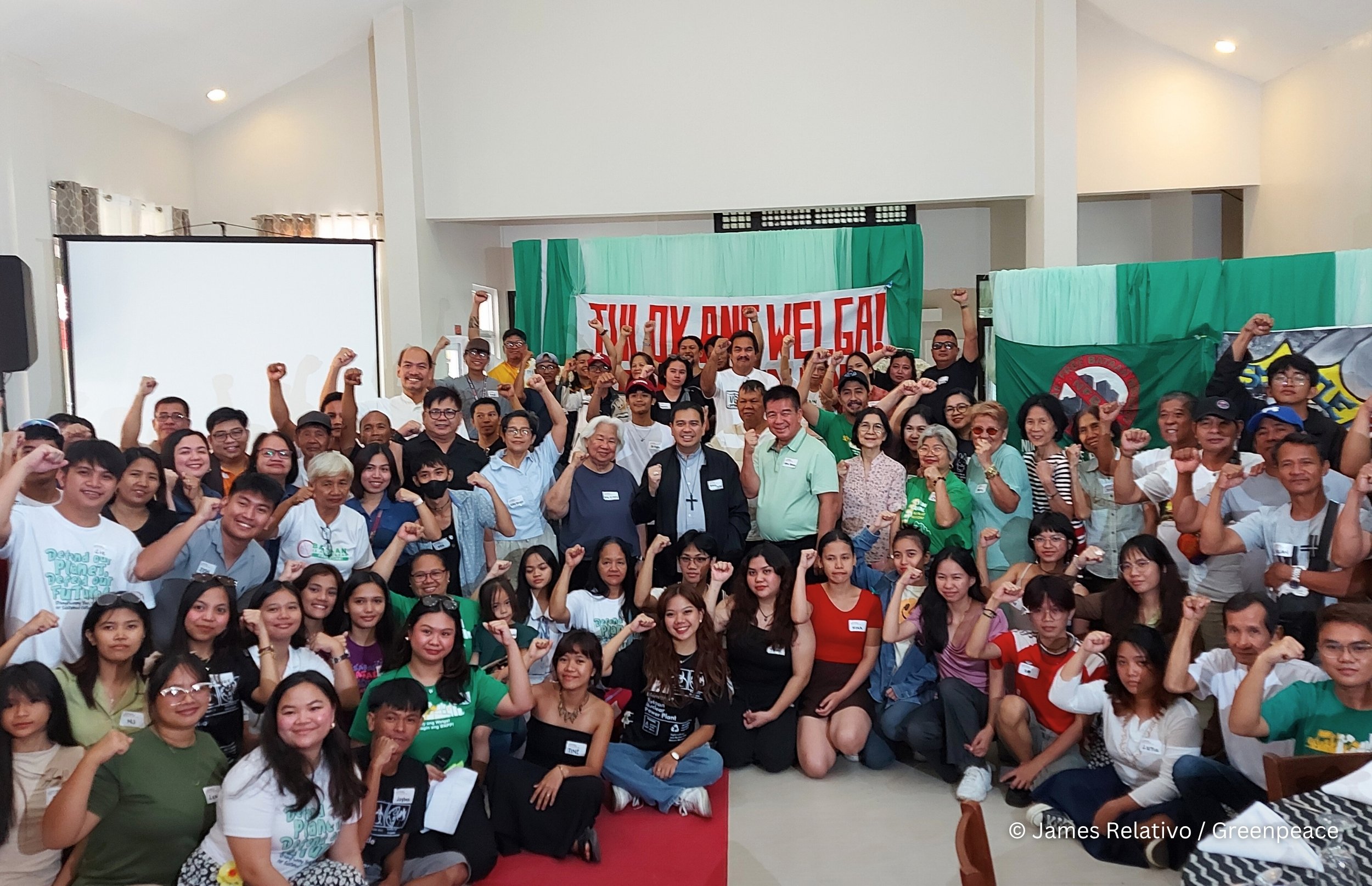‘More plastic than fish’ in our waters
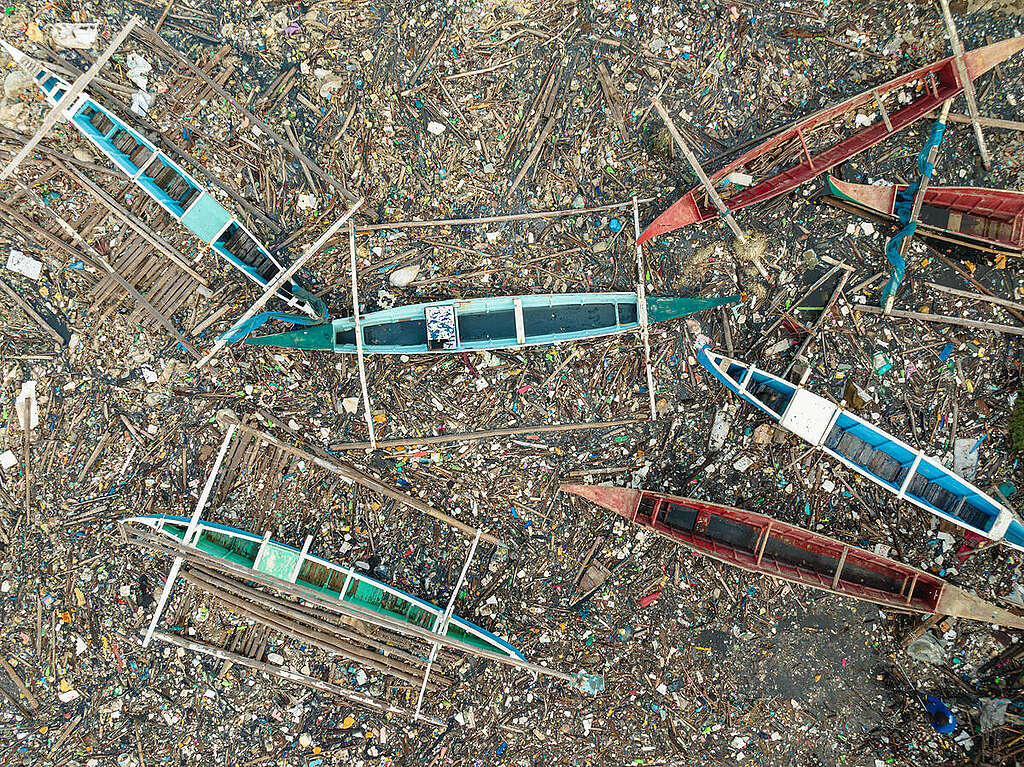
A lot of things have changed over the decades, for better or worse. For one, reusable and sustainable packaging used to be the norm, before destructive plastics, such as sachets, took over.
With this change came disaster for ordinary Filipinos; we see tons of plastic waste in the streets, our waterways, and even our oceans. This ongoing crisis threatens not only our rich marine biodiversity—which already struggles with climate impacts—but also the livelihood of fisherfolk who rely on these waters, and the Filipinos who depend on the fish they produce.
As the world observes the Month of the Ocean, longtime fisherfolk organizer Pablo Rosales, president of Pagkakaisa ng mga Samahan ng Mangingisda (PANGISDA) Pilipinas, reflects on the crisis at hand. A fisherman himself since his youth, Ka Pablo used to enjoy a sizable yield from the waters of Manila Bay until plastics choked their source of income.
“We used to catch significantly more fish in the ’70s and ’80s, because our waters used to be clean, and there used to be mangroves, coral reefs, and places for fish to lay eggs,” Ka Pablo said in Filipino. “Now the catch has drastically been reduced and the fisherfolk are struggling, given the amount of plastic waste in the Manila Bay.”
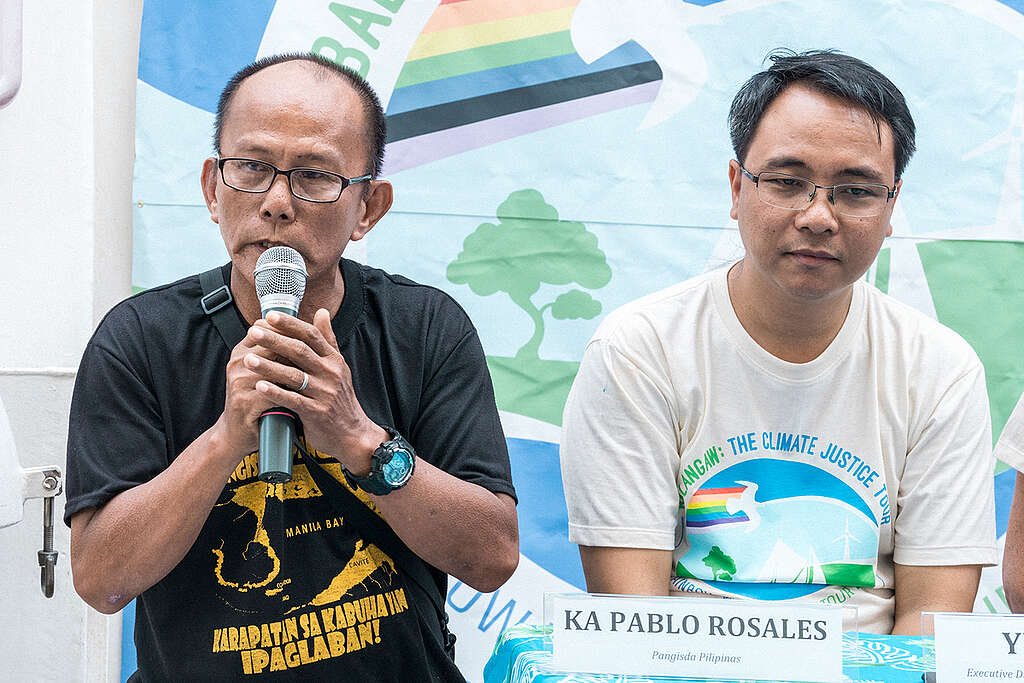
Fisherfolk catch more plastics than fish these days, he said; sachets and other plastic packaging are getting stuck in their nets and even their propellers, forcing them to fish in farther waters. According to a recent GAIA study, over 164 million sachets are being used every day in the Philippines or 59.8 billion annually—to put it into perspective, this amount would bury Metro Manila under a foot of waste. The impact of this crisis is also apparent in the fish themselves.
“If you open the gut of fish, you would see small plastics, because fish will eat anything their mouth can handle,” he said. “When fish eat plastic, people also end up eating plastic.”
With these problems worsening by the day, Ka Pablo expressed his and his fellow fisherfolk’s support for strong policies to curb plastic pollution, such as nationwide bans on single-use plastics. He also cited sustainable solutions, such as “going back” to the reuse and refill culture the country had before it shifted to a sachet economy.
Most importantly, he hopes corporations will be held to account for their large contributions to the destruction of our oceans, environment, and quality of life for the Filipino fisherfolk.
“If the country puts restrictions on corporations and instead advocates for sustainable materials, they will be forced to rethink how they package their products,” he said.
Asked about how a global plastics treaty could help bring us closer to this goal, he said: “If corporations or countries primarily producing plastics are leading the discussion, that is problematic for me, as they won’t put restrictions on themselves… we hope that negotiations [for the treaty] are really about solutions, not about finding ways to defend their [plastic] products.”
Ultimately, this crisis will only get worse if the government does not listen to people like Ka Pablo, and continue to allow corporations to run roughshod with their plastic production. Greenpeace believes plastic pollution must be addressed at its root—we demand that our government and world leaders cut plastic production, ban single-use plastics, and enact reuse and refill systems in communities.
As oceans sustain all life on Earth—from the planet’s biodiversity, food system, and livelihood—we must do our part to protect our oceans by holding environmental polluters accountable for the destruction they’re causing. Not only will we be able to “develop a sustainable and equitable blue economy” as this year’s Month of the Ocean theme says, but also a safer, greener ocean of the future.
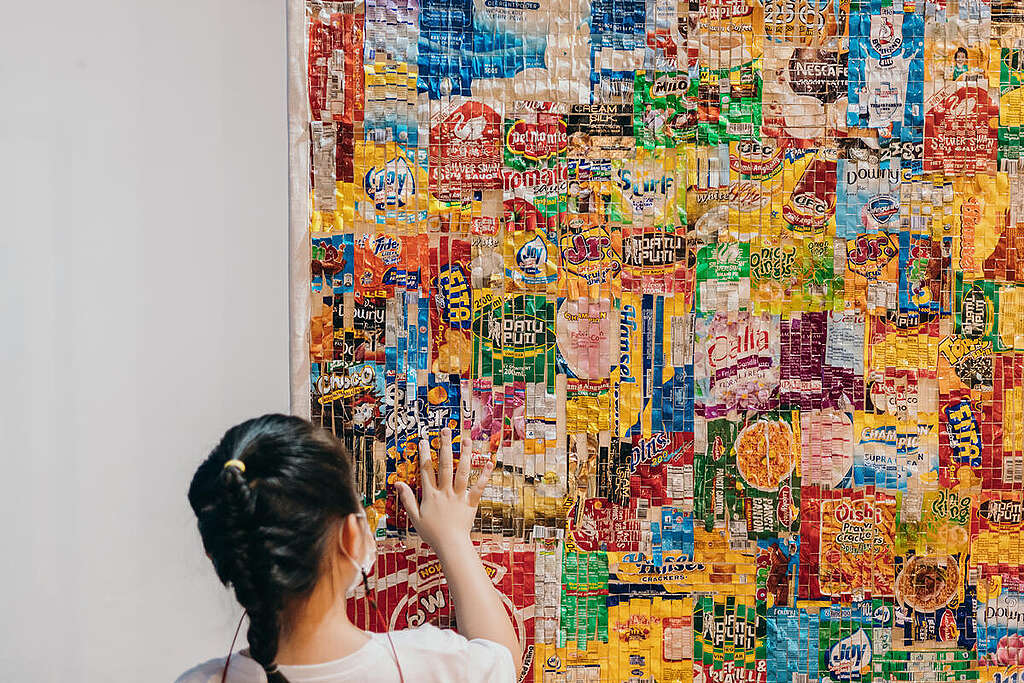
Together, let’s build a plastic-free future. Join us in our mission to eliminate plastic pollution and create a safer, brighter, plastic-free world for all.
TAKE ACTION
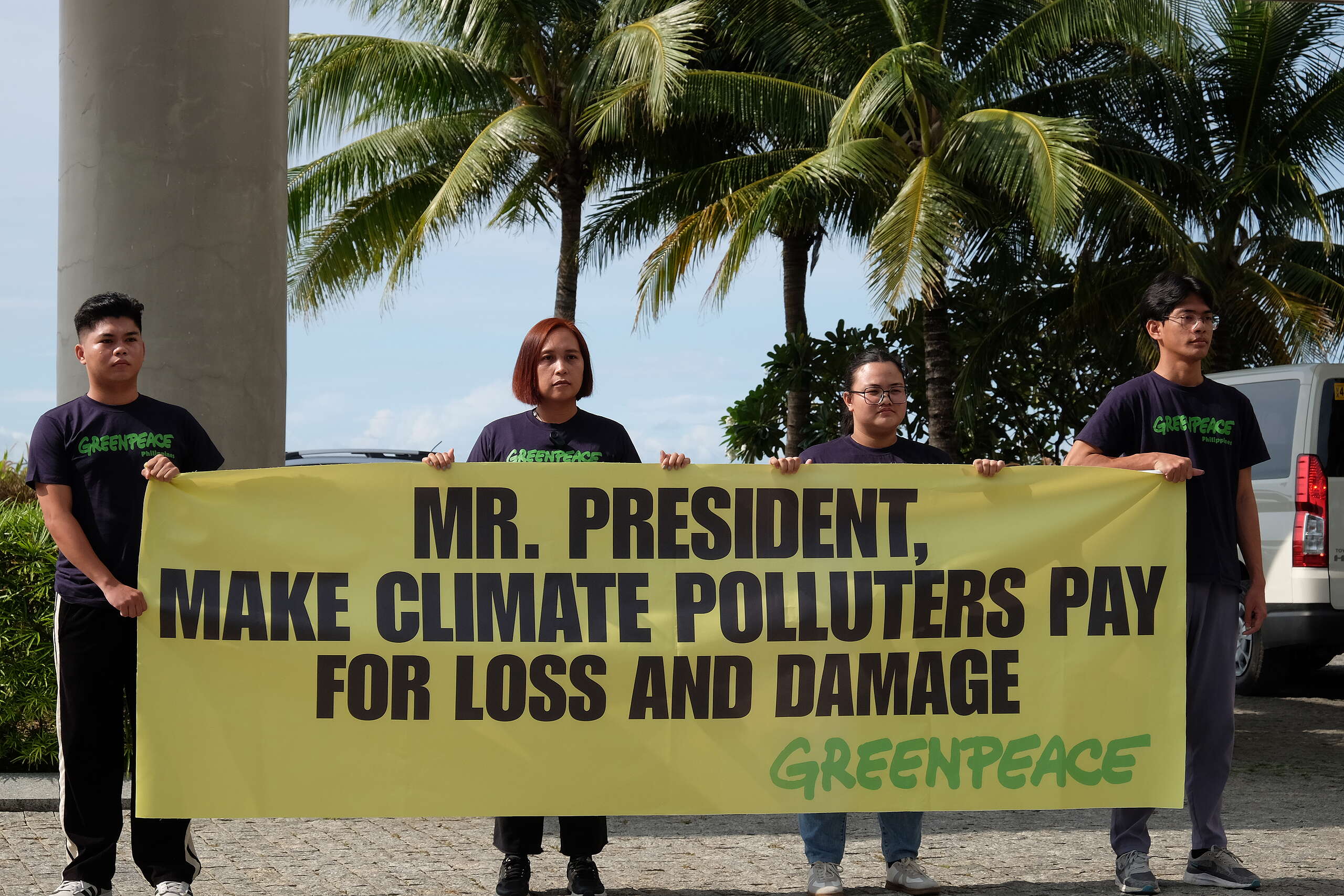
![[Blog] WHEN THE TIDE BECOMES THE TEACHER](https://www.greenpeace.org/static/planet4-philippines-stateless/2025/06/95c8411e-9a04f785-4293-46a6-a6cf-425f0a384682.jpg)
